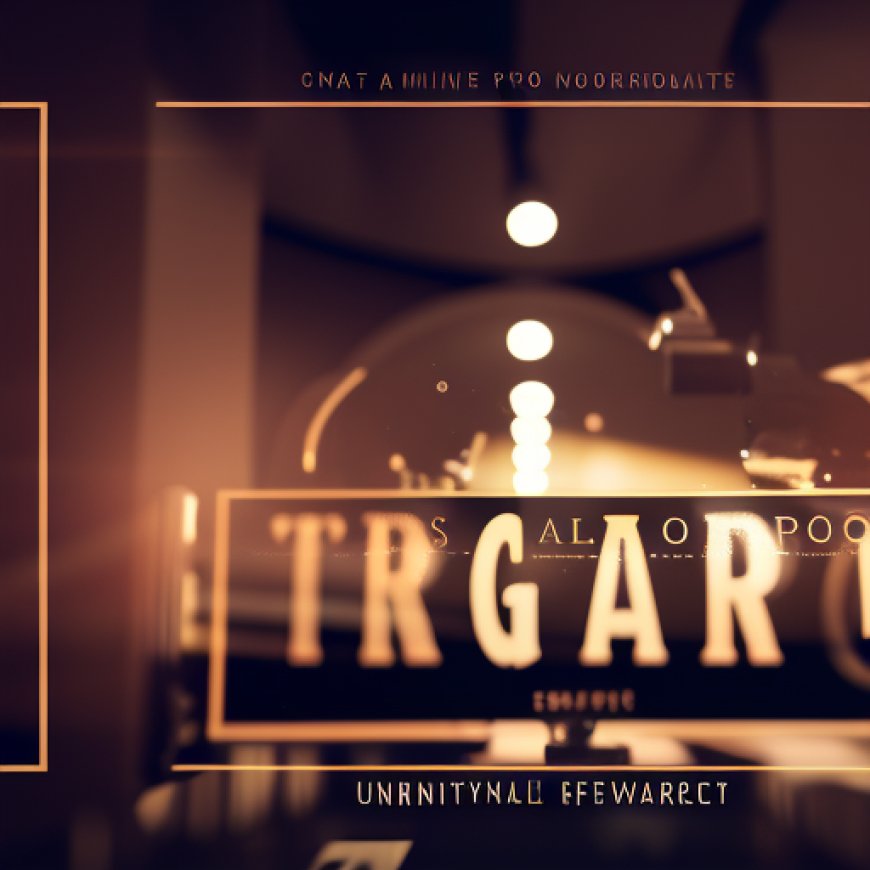IAALS Aims to Make Legal Help Affordable Through National Framework | University of Denver
IAALS Aims to Make Legal Help Affordable Through National ... University of Denver Newsroom


Improving Access to Justice through Allied Legal Professionals

Every day in the United States, thousands of people walk into a courtroom alone. Untrained in the American legal system, they’re left to face the judge, and oftentimes opposing counsel, by themselves.
The Challenge of Self-Representation
According to a 2016 report on self-representation by the University of Denver’s Institute for the Advancement of the American Legal System (IAALS), more than 70% of family and civil law cases have at least one party that’s self-represented. This statistic is alarming and highlights the need for solutions to improve access to justice.
“That number is just completely unacceptable,” says Michael Houlberg, IAALS director of special projects. “The cards are completely stacked against them.”
The Role of Allied Legal Professionals
In response to this issue, several states, including Colorado, have implemented or are in the process of implementing measures known as allied legal professional programs. These programs allow limited license legal technicians to assist and advise clients on matters related to family law.
In June, IAALS released a national framework for states to create this new tier of legal professionals. The framework provides guidance on various aspects of implementing allied legal professional programs.
Benefits of Allied Legal Professionals
Allowing allied legal professionals (ALPs), like paralegals, to practice makes the legal system more affordable. On average, attorneys charge around $300-400 an hour and typically require a $5,000 retainer. ALPs, on the other hand, charge about half of that and may offer sliding scale fees based on the client’s financial situation.
Recommendations for Implementation
The IAALS framework report includes 18 recommendations to guide states in implementing allied legal professional programs. These recommendations cover areas such as titles, practice areas, role and responsibilities, attorney supervision, in-court representation, training, testing, fee-sharing, and regulatory requirements.
Of the five states with active programs, Arizona and Minnesota allow ALPs to provide in-court representation without an attorney present. Based on their demonstrated success, IAALS recommends that all state programs should follow suit.
To keep ALP education affordable, IAALS suggests that states provide different avenues for licensure based on individuals’ levels of education and experience. Additionally, IAALS recommends considering a minimum competency requirement instead of replicating the bar exam.
A Path Forward
The road ahead may have its challenges, but the IAALS report serves as a valuable resource for states participating in or considering these programs.
“We’re not expecting every state to adopt every single recommendation, but they can look at it and be like, this is the data telling us how we can implement this. States realize this is something the legal system needs, and more specifically, the general population. We’re going to see more and more states adopting this over time,” says Houlberg.
SDGs, Targets, and Indicators
-
SDG 16: Peace, Justice, and Strong Institutions
- Target 16.3: Promote the rule of law at the national and international levels and ensure equal access to justice for all
- Indicator 16.3.3: Proportion of victims of violence in the previous 12 months who reported their victimization to competent authorities or other officially recognized mechanisms
The issues highlighted in the article are connected to SDG 16, which focuses on promoting peace, justice, and strong institutions. Specifically, the article discusses the lack of access to legal representation for individuals involved in family and civil law cases. This lack of access to justice is a barrier to achieving equal access to justice for all, as targeted by SDG 16.3.
The specific target under SDG 16 that can be identified based on the article’s content is Target 16.3: Promote the rule of law at the national and international levels and ensure equal access to justice for all. The article highlights the high percentage of self-represented individuals in family and civil law cases, indicating a lack of equal access to legal representation.
The article does not mention any specific indicators related to Target 16.3. However, Indicator 16.3.3 could be relevant in measuring progress towards this target. Indicator 16.3.3 measures the proportion of victims of violence who reported their victimization to competent authorities or other officially recognized mechanisms. While not directly mentioned in the article, this indicator reflects the importance of individuals being able to access legal services and report their legal issues to competent authorities.
Table: SDGs, Targets, and Indicators
| SDGs | Targets | Indicators |
|---|---|---|
| SDG 16: Peace, Justice, and Strong Institutions | Target 16.3: Promote the rule of law at the national and international levels and ensure equal access to justice for all | Indicator 16.3.3: Proportion of victims of violence in the previous 12 months who reported their victimization to competent authorities or other officially recognized mechanisms |
Behold! This splendid article springs forth from the wellspring of knowledge, shaped by a wondrous proprietary AI technology that delved into a vast ocean of data, illuminating the path towards the Sustainable Development Goals. Remember that all rights are reserved by SDG Investors LLC, empowering us to champion progress together.
Source: du.edu

Join us, as fellow seekers of change, on a transformative journey at https://sdgtalks.ai/welcome, where you can become a member and actively contribute to shaping a brighter future.







